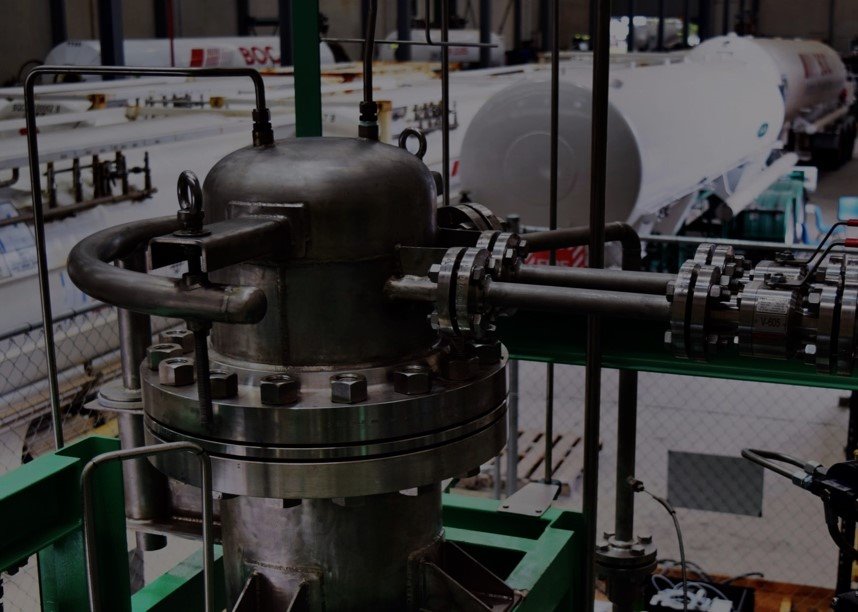Under the agreement, the trio will investigate setting up facility in Japan’s Chubu region with Hazer’s proprietary technology that uses methane feedstocks to produce hydrogen, capturing the process’ carbon in the form of solid graphite.
This technology was originally developed at the University of Western Australia and bought by Hazer Group, which is currently testing its technology in its Commercial Demonstration Plant in Munster, south of Perth. This demonstration plant is hoping to start producing hydrogen in the second half of this year.
Coming back to its Japan plans, Hazer’s non-binding Memorandum of Understanding (MoU) with Japanese energy company Chubu Electric Power Company and engineering firm Chiyoda Corporation will see the parties jointly prepare a ‘Project Development Plan’ for a production facility in central Japan. The facility’s aim would be to produce “clean” hydrogen and graphitic carbon.
The facility would ultimately be targeting between 50,000 and 100,000 tonnes of hydrogen production per annum, though the initial target would sit at just 2,500 and 10,000 tonnes per annum.
The parties have given themselves more than a year to deliver the project plan. If they decide the facility is viable, the initial start up would take place “in the late 2020s,” the companies say.
Earlier this month, the Japanese government announced plans to increase its hydrogen supply target to 12 million tonne per annum by 2040, a sixfold increase over the current target of 2 million tonne per annum.
Hazer described Japan as a key target market for its technology, also listing Singapore and South Korea.
This content is protected by copyright and may not be reused. If you want to cooperate with us and would like to reuse some of our content, please contact: editors@pv-magazine.com.









By submitting this form you agree to pv magazine using your data for the purposes of publishing your comment.
Your personal data will only be disclosed or otherwise transmitted to third parties for the purposes of spam filtering or if this is necessary for technical maintenance of the website. Any other transfer to third parties will not take place unless this is justified on the basis of applicable data protection regulations or if pv magazine is legally obliged to do so.
You may revoke this consent at any time with effect for the future, in which case your personal data will be deleted immediately. Otherwise, your data will be deleted if pv magazine has processed your request or the purpose of data storage is fulfilled.
Further information on data privacy can be found in our Data Protection Policy.